It is three years since the escalation of the war in Ukraine. Three years of PCPM assistance
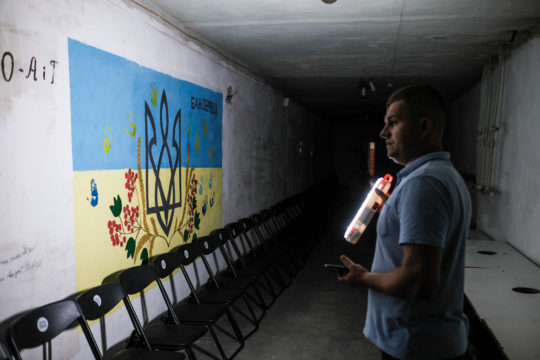
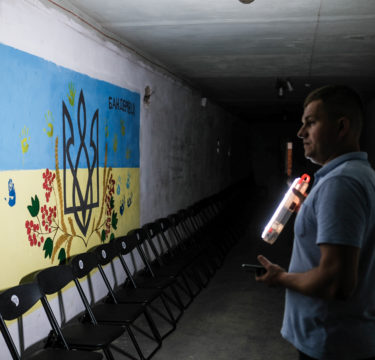
The fate of Ukraine is once again attracting world attention. In the shadow of international talks, humanitarian organizations, including Poland, are assisting in Ukraine and refugees in Poland. However, these activities are significantly different from those of February 2022. It is now no longer about ad hoc support in the form of food or money but about long-term reconstruction of destroyed homes, medical facilities, and lives in general, both in Ukraine and Poland.
The Polish Centre for International Aid (PCPM) Foundation has been actively supporting Ukraine and its people since the beginning of the Russian aggression in February 2022.
– Since the outbreak of full-scale war, the nature of humanitarian aid, including our Foundation, has undergone a significant transformation. We started with basic activities, such as evacuating populations and providing food for displaced people, and now focus on longer-term projects,’ explains Michal Kuplinski, PCPM’s project coordinator in Ukraine. ‘In the last year, we have focused on house repairs and reconstruction. We are now supporting the reconstruction of the health care system by renovating medical facilities to provide quality services to local communities.’
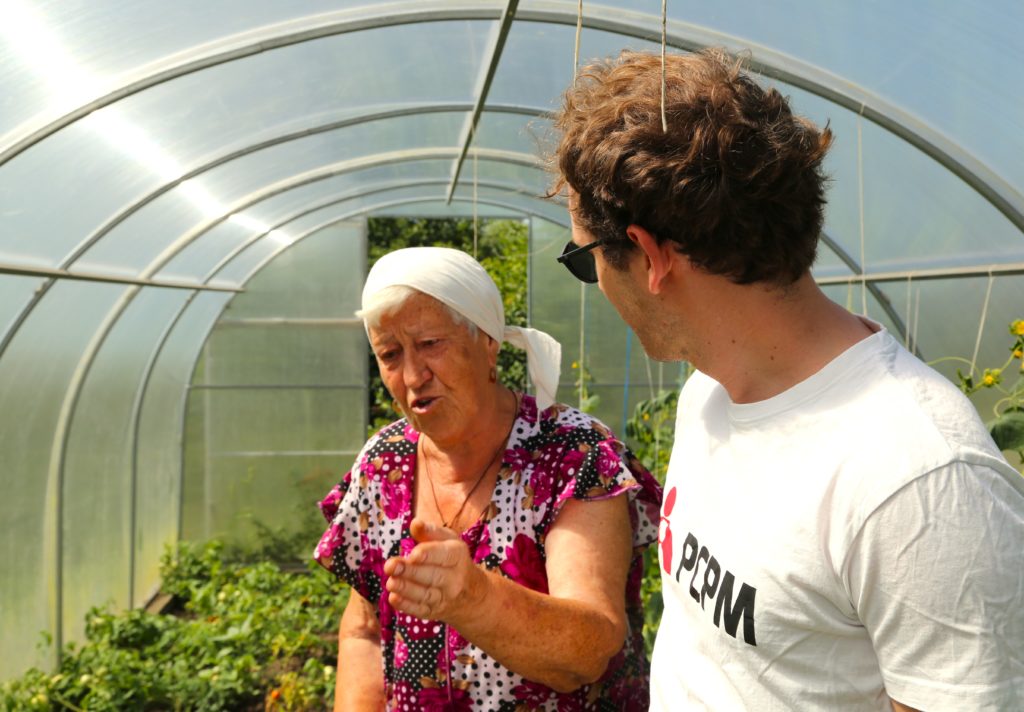
The PCPM Foundation repaired single-family homes and common parts of multi-family buildings in the Kharkiv and Mykolaiv regions. More than 3,000 people could return to their homes thanks to these activities. In addition, the organization refurbished 11 outpatient clinics in the Kherson and Kharkiv regions and in Kherson itself.
More than five years out of school
Children in Ukraine are still in an extremely difficult situation. For many, the sixth year of remote learning is coming up. Education continues to take place online in places where safe learning conditions cannot be provided.
– In response to this situation, the PCPM Foundation has organized shelters in three schools in Truskavets, enabling 2,500 students to return to full-time study, Kuplinski explains.
In addition, in the same city, the Foundation has set up a state-of-the-art youth center that improves students’ digital competency and provides access to equipment for more than 3,000 students. It has also equipped three shelters in the Kharkiv region with furniture, computers, printers, projectors, and other necessary equipment, which 1,236 students use.
From financial assistance to independent housing
Since the conflict escalated, PCPM has also been providing support to Ukrainian refugees residing in Poland. It assists them in finding housing and vocational activation, supports children in the process of adaptation to Polish educational institutions, and provides financial support to the most vulnerable, mainly seniors and people with disabilities.
– In the initial phase of the crisis, we focused on financial assistance for those in the greatest need. However, as time passed, we realized our efforts needed more long-term. Accordingly, we launched a pilot program to subsidize the rental of apartments on the commercial market for people in collective housing centers. This form of support proved extremely important,” explains Przemek Stachura, deputy coordinator of the ‘Together to Independence’ project at PCPM.
– Even though residents of collective accommodation centers often took up jobs and earned money, they lacked the means to pay the deposit and first rent. In such cases, Stachura added that the project’s coverage of the security deposit, the first rent, and partial funding of several subsequent rents enabled these individuals to regain financial stability.
Support for education and integration
PCPM is also involved in helping Ukrainian children who have found refuge in Poland. In response to the influx of more than 150,000 Ukrainian students into Polish schools, PCPM initiated a program to hire refugee teachers as cross-cultural assistants. More than 1,600 assistants have helped integrate more than 50,000 students in 23 Polish cities.
– In the current situation, the resources allocated to assist Ukraine are decreasing. We are therefore focusing on supporting self-reliance. Our project, which initially concerned the employment of teachers, now focuses on helping them to nostrify their diplomas, improve their qualifications, and enable them to support educational institutions. This allows teachers to apply for teaching positions on an equal footing with Polish citizens. Of course, language is a barrier. That is why our Foundation places great emphasis on language courses that give teachers the confidence to speak Polish,’ says Ewa Grodek, project coordinator from the PCPM Foundation.
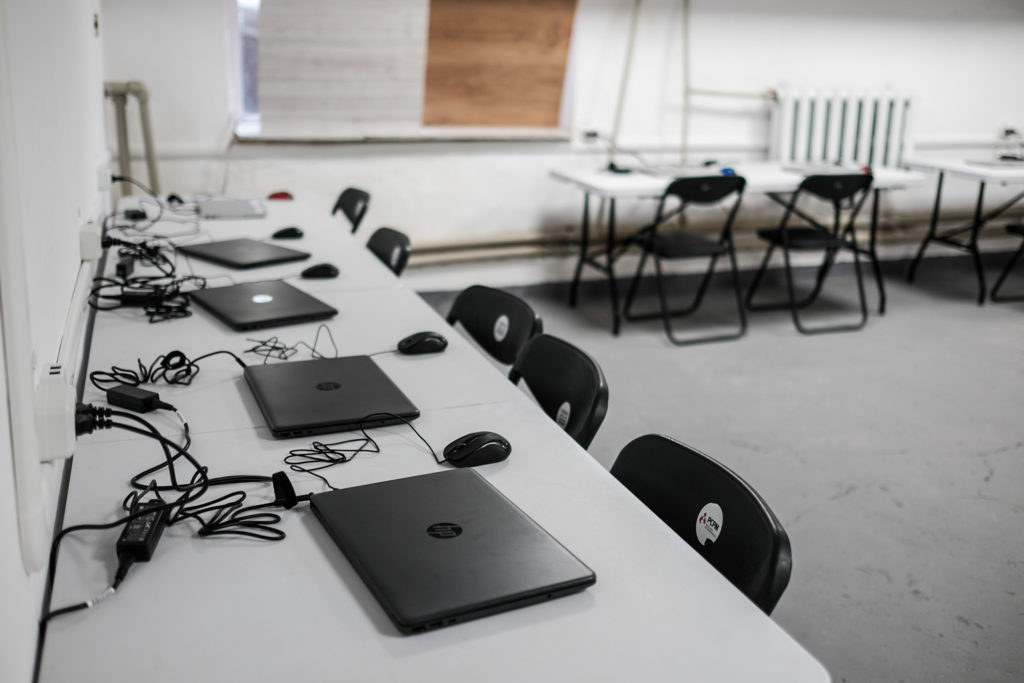
In this way, teachers gain more confidence in themselves and their skills. The language barrier is often a source of insecurity that prevents those with the right competence from teaching in Polish. The language courses help to change this, and, in time, teachers apply for jobs that match their qualifications.
Thanks to the activities of the PCPM, 360 people have found employment in the education sector. The Foundation has also helped more than 450 people with the nostrification of diplomas and postgraduate studies, and 386 people have attended Polish language training courses.
Assistance from the first alarm
On the very day the Russian invasion began, 24 February 2022, the PCPM immediately responded by organizing the evacuation of civilians from Kharkiv. A temporary shelter point was set up in the city of Krzemenchuk, which provided a safe place for more than 5,000 refugees, about 40 per cent of whom found asylum in Poland. In addition, the PCPM, working with the Norwegian Refugee Council (NRC), set up a refugee transit center at Warsaw’s Eastern Railway Station, where support was provided to more than 48,000 refugees from Ukraine.
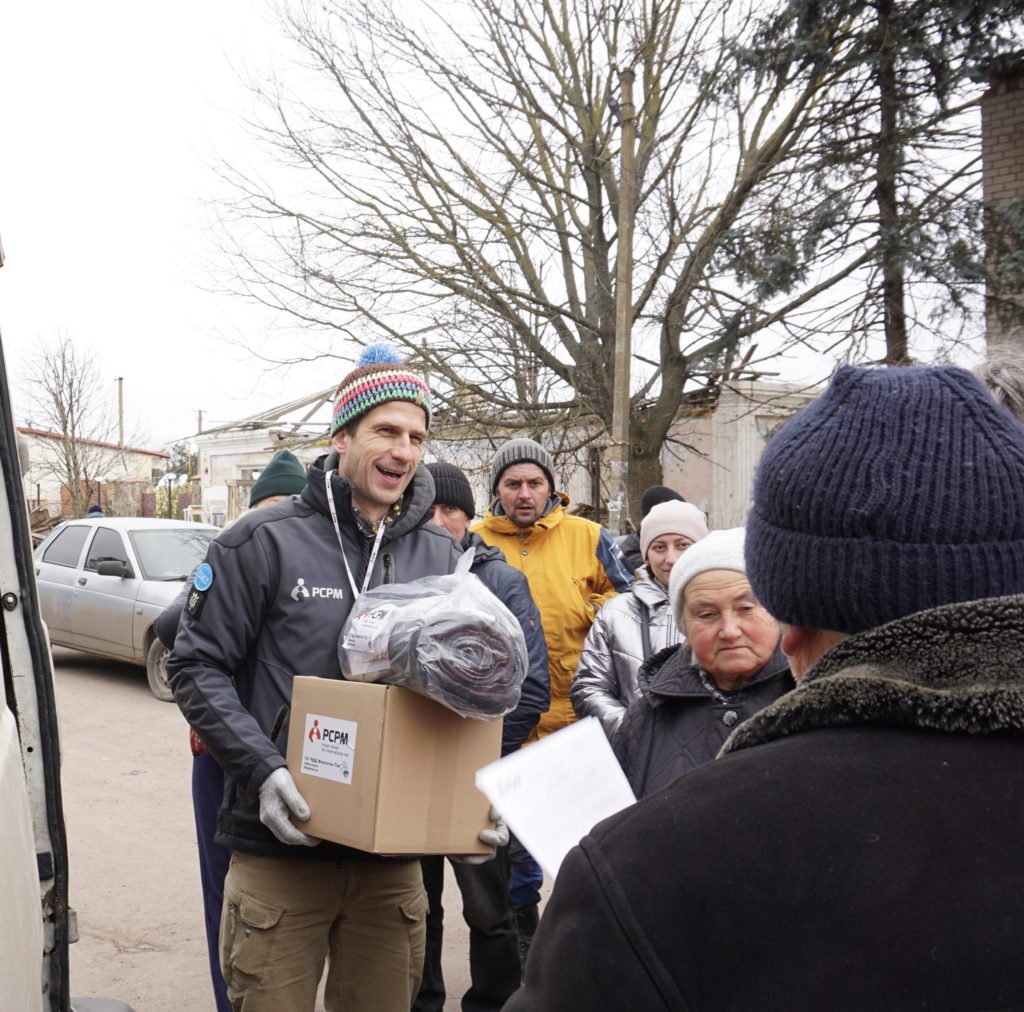
PCPM implemented a cash disbursement program for refugees via ATM cards. The Foundation also actively supported Ukrainian local governments, including the reconstruction of urban infrastructure and the provision of shelters. As part of its intervention employment program, PCPM supported residents and local authorities in various regions of Ukraine, engaging 683 people in the Cash for Work program.’
MEDEVAC HUB Jasionka – medical assistance on a European scale
Since 1 September 2022, a MEDEVAC HUB, funded by the European Commission, has operated at Rzeszów-Jasionka Airport. By February 2025, this center had received 3538 evacuees from Ukraine, of which 1652 patients were taken to countries across Europe for treatment.
POP Fund – local support for refugees
The Polish Non-Governmental Organisations Fund (POP Fund), set up in response to the humanitarian crisis, has funded 79 projects totalling more than PLN 9 million. In its first three editions, the POP Fund supported activities to improve the living conditions of refugees, integrate children into the Polish education system, and help older people and people with disabilities. Funds went to organizations all over Poland, as the Fund aimed to go beyond Warsaw and the largest cities.
Challenges and the future
Despite the increased interest in the situation in Ukraine in recent weeks, the level of humanitarian funding has been steadily decreasing. Organizations such as PCPM have been struggling to raise funds for a long time. A particularly prominent example is the recent suspension of funding by USAID.
– While we have not been directly affected by this, it has significantly impacted many partner organizations, which is being felt in Ukraine. This is a challenge we are tackling as we try to make the most effective use of available resources,’ explains Michal Kulpinski.
The PCPM Foundation continues its aid activities in Ukraine and supports Ukrainian refugees in Poland.